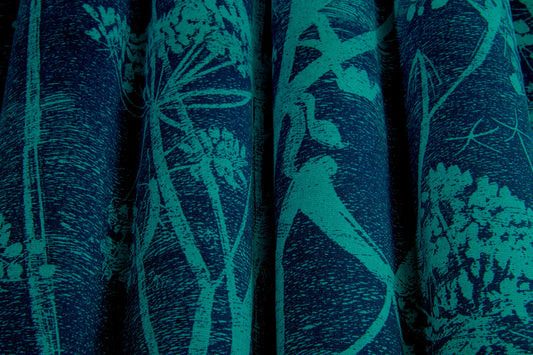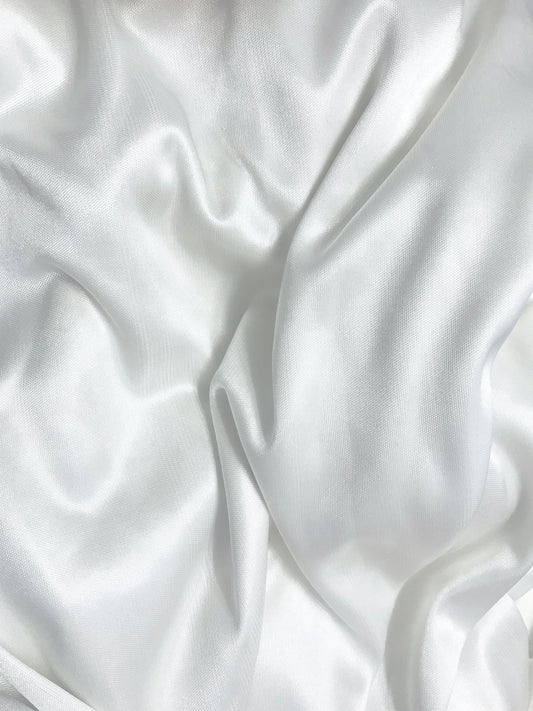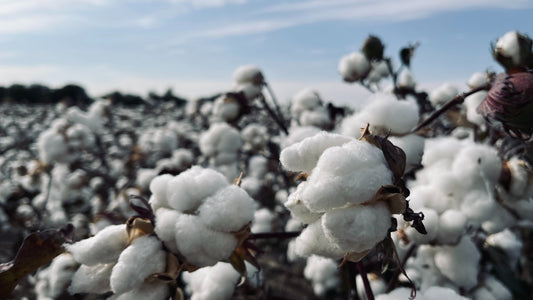With so many different types of fabric, it can be hard to keep track of their similarities, differences and uses in everyday life; if you’re considering using jersey fabric for your next sewing project but don’t know if it’s the right fit for you, read on to find out what jersey material is and what it can be used for.
The History of Jersey Fabric
Originating from Jersey in the Channel Islands, jersey fabric was first made from wool, giving it flexibility and resilience when used in sewing. This made it ideal for clothing, predominantly underwear.
In 1916, jersey knit fabric was used by French fashion designer “Coco” Chanel to create different items of clothing, using it for its free-flowing and easy-fitting qualities. Revolutionising both jersey fabric and women’s fashion at the same time, jersey knit has ever since been used for a variety of outerwear garments.
Although Jersey originated the now widely used fabric, China and Australia are now the predominant producers and exporters of jersey knit fabric.
What is Jersey Fabric Made From?
So what is jersey fabric made from nowadays? The composition of jersey fabric has changed over the years, making it both more easily accessible and cheaper to buy. Wool, cotton and synthetic fibres are now used when producing Jersey, retaining its characteristic soft, stretchy properties.
Most jersey fabrics are nowadays blended with these other fibres, helping to make the end result more cost effective, durable and suitable for many clothing garments. Its absorbance and breathability even make it suitable for sportswear, t-shirts and even bedding.
Types of Jersey Fabric
As production techniques of jersey fabric have evolved over the years, the number of distinct types of jersey material have continued to increase. With slightly different properties and ways they can be used, here are two of the most common types of jersey fabric, from which other types can also be made:
Single jersey
Single jersey is about as simple as the name suggests; a single layer of jersey material which is often very lightweight, very stretchy and particularly soft. Single or plain knit jersey is flat on one side, and piled on the other.
Double jersey
Double jersey, or interlock jersey, consists of two separate sheets of jersey material fabricated using two sets of needles. Attached along both of their piled sides, double jersey is flat on both sides, giving a consistent appearance. Interlock jersey material is double the thickness of single jersey, making it perfect for heavier garments that need more durability and insulation.
Now you know what jersey fabric is, you can start to plan and get underway with your next project! Perfect for almost any type of clothing, it’s time to find your favourite jersey fabric and enjoy sewing this versatile material.




